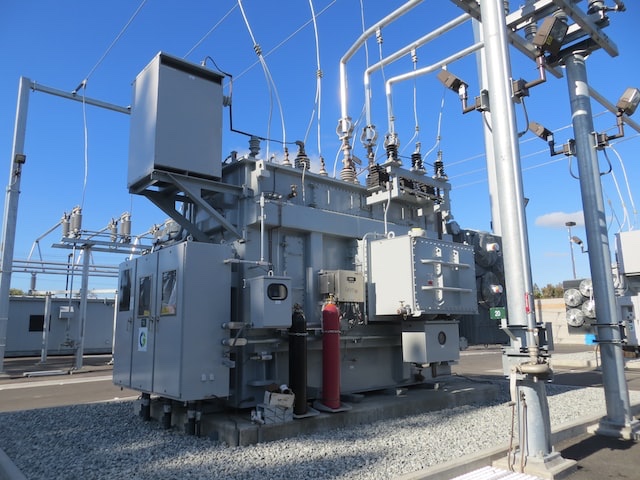Electrical Engineering Jobs

Designing, creating, and maintaining electrical systems and equipment is the focus of electrical engineering, a discipline that is expanding quickly. Electrical engineers are key players in developing the technology that power our modern world, from power generation and distribution to electronic systems and controls. The future scope, advantages, drawbacks, employment prospects, qualification standards, and licence needs for electrical engineering jobs will all be examined in more detail in this article.
Here are a few employment options for electrical engineers:
Electrical engineers can design and maintain electrical power generation systems like wind turbines, solar panels, and traditional power plants. Power generation and distribution is another area of focus for them.
Electrical engineers can work on electrical system design and construction for commercial and industrial structures, as well as infrastructure projects like bridges and tunnels.
Research and development: Electrical engineers can engage in this field, developing new technologies and enhancing those that already exist in fields including automation, renewable energy sources, and energy efficiency.
Manufacturing: Electrical engineers can work in the production of electrical equipment, from small-scale industrial gear to consumer electronics.
Electrical engineers can work in the telecommunications industry,creating and maintaining the infrastructure for data centres and communication networks.
Electrical engineers may build and maintain automated control systems for a range of industries, including manufacturing, transportation, and energy.
Healthcare: Electrical engineers with experience in creating and maintaining medical devices and systems, such as imaging technology and patient monitoring systems, can work in the healthcare sector.
Electrical engineers can work in the transportation sector, designing and maintaining the electrical systems for a variety of vehicles, including cars, trains, and aeroplanes.
Government and Military: Electrical engineers may work for government or military agencies, designing and maintaining electrical systems for key infrastructure or for the nation’s defence.
These are just a few instances of the jobs that electrical engineers can pursue. Electrical engineers can find employment prospects in a wide range of locations and sectors thanks to their knowledge of electrical systems and technology.
Licensing and Eligibility
Typically, one needs a bachelor’s degree in electrical engineering or a closely related discipline to become an electrical engineer. A master’s degree or higher level certification may also be necessary for some electrical engineering employment. Electrical engineers may also need to earn a professional engineering (PE) licence, which is given by specific states, in addition to their degree. A comprehensive exam and a minimum number of years of work experience are requirements for anyone seeking a PE licence.
Benefits of Electrical Engineering Jobs
Working as an electrical engineer offers a range of benefits, including a high level of job security, a competitive salary, and opportunities for career advancement. Electrical engineers also have the opportunity to work on a variety of exciting and cutting-edge projects that have a real impact on society. Additionally, electrical engineers typically enjoy a good work-life balance and the ability to work in a variety of settings, including offices, laboratories, and industrial facilities.
Future Scope
In the upcoming years, there will be a considerable increase in need for electrical engineers as the globe grows more dependent on technology and there is a greater demand for sustainable and efficient energy systems. Electrical engineers will be essential in the planning and upkeep of these systems as renewable energy sources like solar and wind power gain in prominence. A significant need for electrical engineers with experience in these fields will also result from the expanding use of automation and artificial intelligence across many businesses.
Disadvantages
Despite the many benefits of working as an electrical engineer, there are also some disadvantages to consider. Electrical engineers often work long hours, especially during the design and testing phases of a project. They may also be required to work evenings, weekends, and holidays to meet deadlines and ensure the success of a project. Additionally, electrical engineers may be required to work in challenging and potentially hazardous environments, such as construction sites and disaster zones.
